10th Steering Committee: reflection on Sahelian trajectories and modes of action for greater impact on the ground
The 10th Sahel Alliance Operational Steering Committee was held on 7 December 2022 in Brussels. It brought together the 27 members of the Alliance as well as the Sahel partners. More than 80 people took part in the debates and working sessions aimed at providing a more appropriate response to the challenges facing the Sahel region.
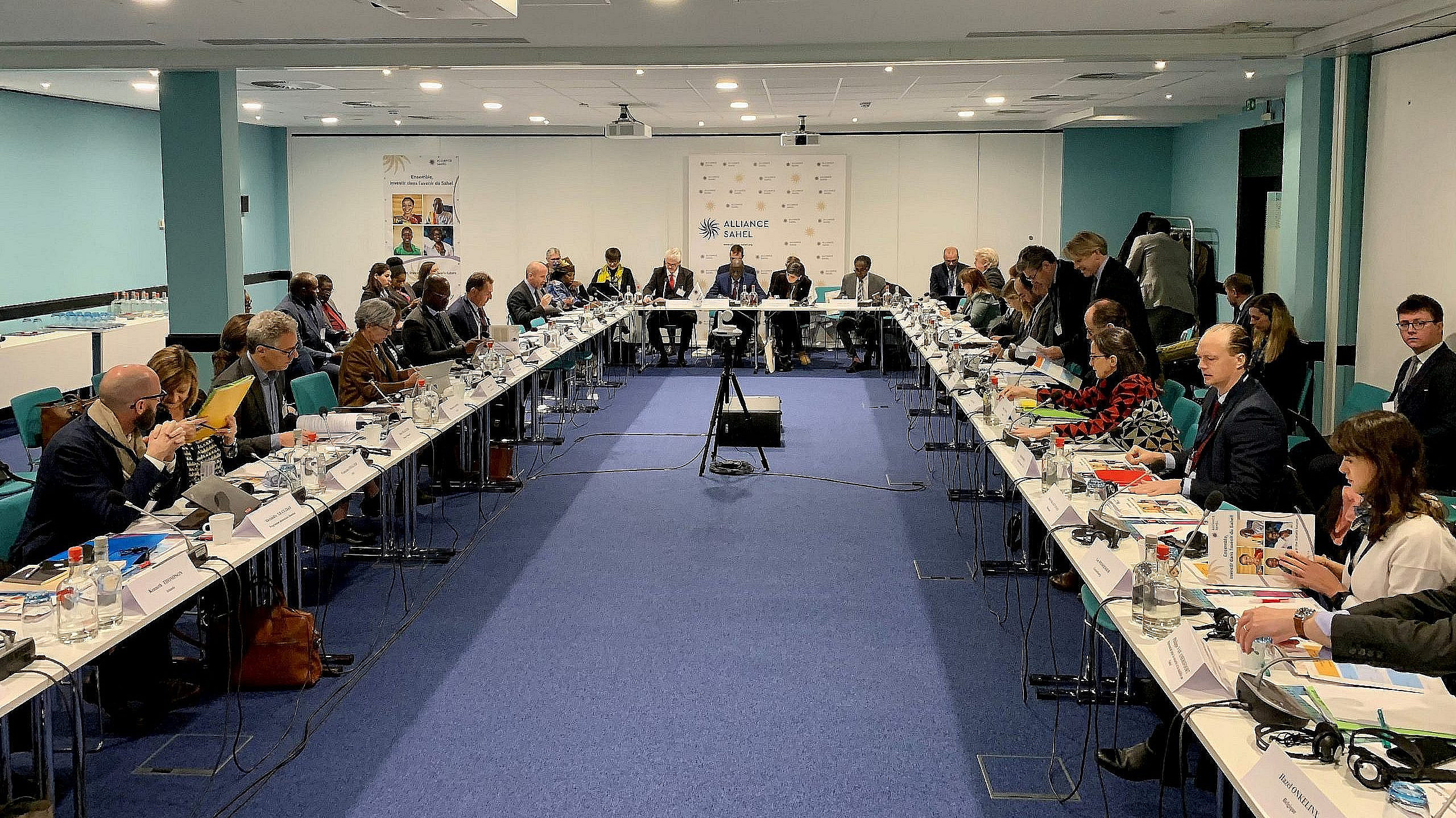
This steering committee was the first to be chaired by Ousmane Diagana, Vice President for West and Central Africa at the World Bank. He opened the session by stressing the urgency of providing innovative solutions to the region’s challenges:
“Operating in a complex environment is not easy. We need to work smartly and bring innovative solutions to communities that are struggling. The Sahel Alliance is a unique platform that provides opportunities to build on the various experiences that we each have in terms of our modus operandi.”
Ousmane Diagana
Eric Tiare, Executive Secretary of the G5 Sahel, also spoke of an increasingly difficult context in his introductory words.
” It is clear that the security situation in the Sahel continues to deteriorate, particularly in the three-border area, still known as the area of all dangers. And of the three border countries, Burkina Faso is currently the country most affected by the security crisis.”
Eric Tiare
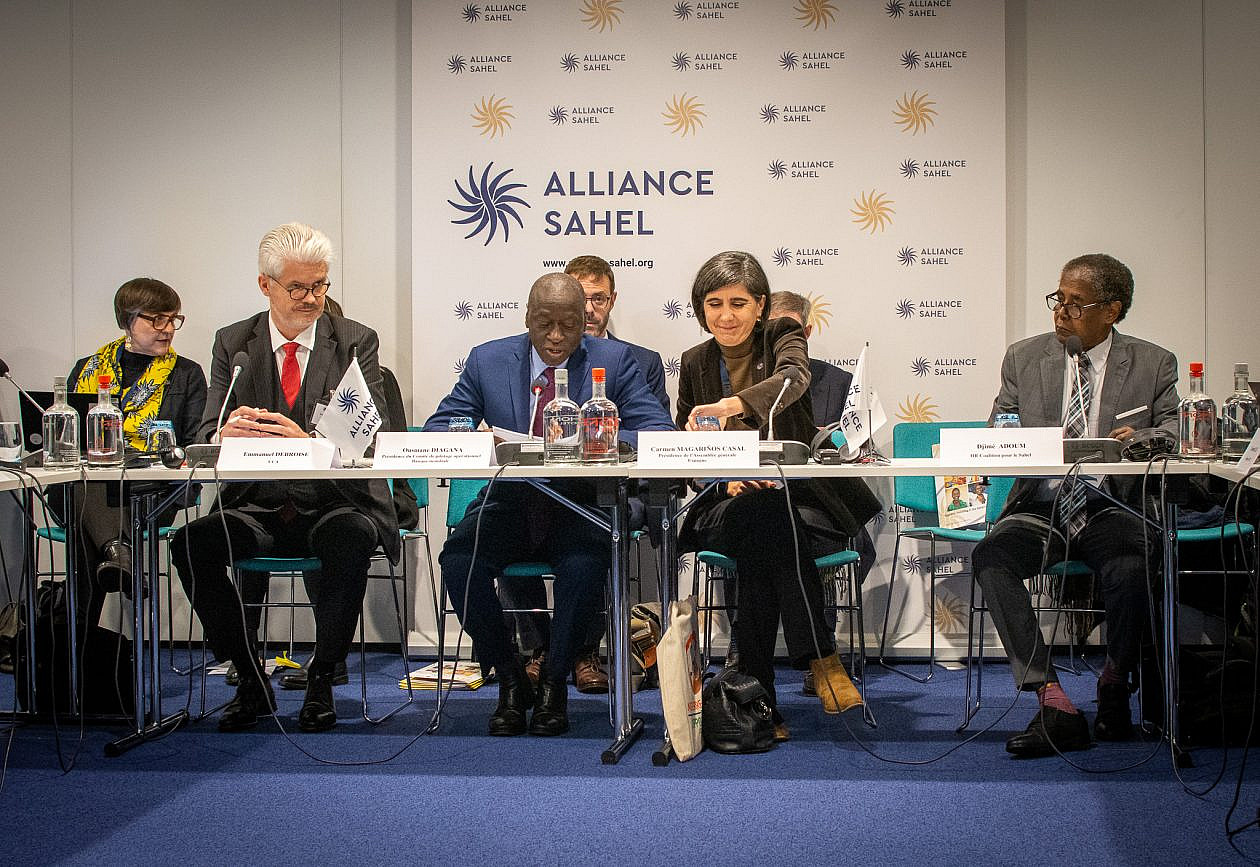
Carmen Magariños Casal, representative of the Presidency of the General Assembly of the Sahel Alliance, recalled the imperative to engage strongly with communities
“We must remain close to the Sahel, to the Sahelian people. We must remain close to the people of Burkina Faso, who are suffering from a very serious crisis concerning displaced persons (1.76 million); to the people of Chad, who have been hit by the worst floods in their history; and, in general, alongside all citizens, who are confronted with the scourges of violence, terrorism or food crises. We need to be more agile in our operations, more strategic and better coordinated to find solutions that bring real added value and greater impact on the ground. In this respect, we very much appreciate the initiative that has emerged in Niger to focus the action of Alliance members in the Ayorou region.”
Carmen Magariños Casal
Context analysis and operationalisation of actions
In order to deepen the joint analysis of the challenges and needs of the region, the first working session was informed by the two interventions of experts from the region who addressed the most recent developments affecting the Sahel. Dr. Bakary Sambe, Director of Timbuktu Institute/African Center for Peace Studies discussed the trajectory of political and security contexts. Mathieu Pellerin, from the International Crisis Group, enlightened participants on the evolution of risk factors with a cartographic presentation. This analysis was followed by an update on the implementation of the Integrated Territorial Approach in Mauritania, one year after the Nema round table, and in Niger, where the process was recently launched.
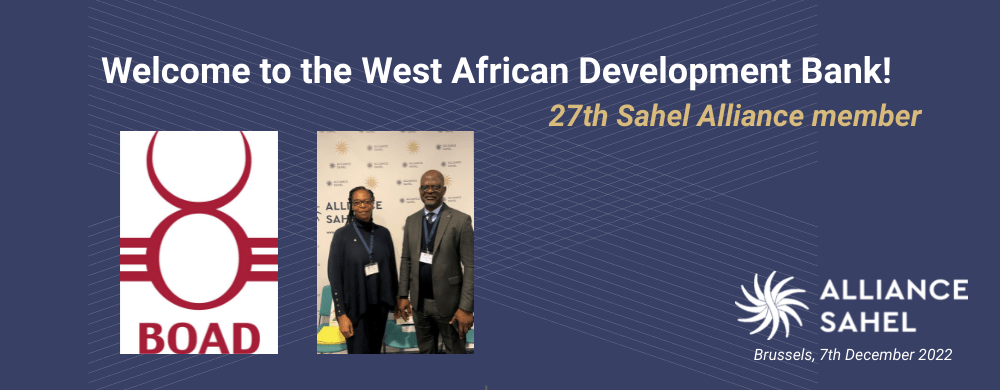
The day was marked by two important commitments: the accession of the West African Development Bank (BOAD) as the 27th member (and 18th in its own right) of the Alliance, and the signing of a €5 million financing agreement between France, via AFD, and the Sahel Facility. Eric Tiare welcomed “The successful conclusion of contractual negotiations with AFD as well as the willingness of other partners to engage with the Facility to contribute to the happiness and well-being so sought after by populations who are currently lost, relying only on goodwill for their survival.”
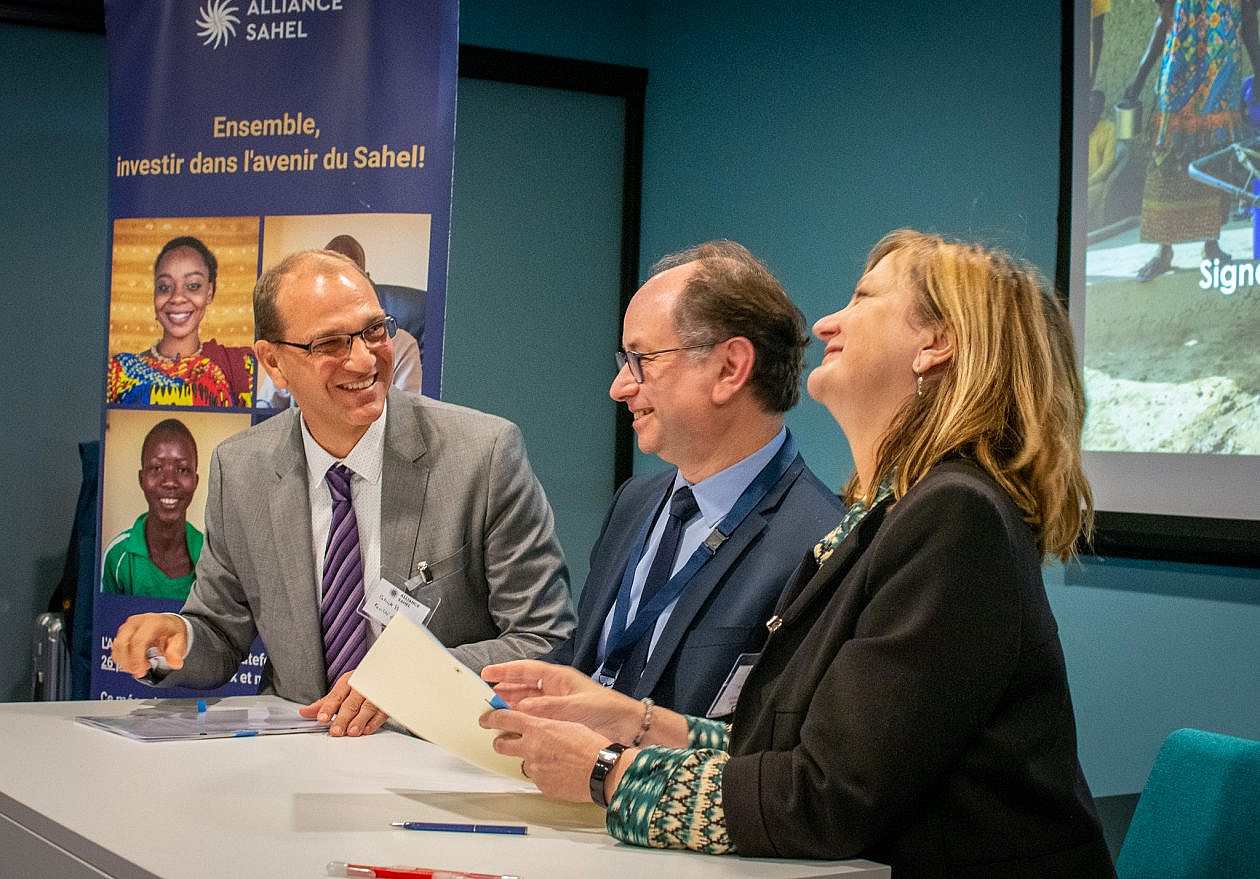
Necessary and consulted evolution of the Sahel Alliance
The 10th Steering Committee provided the stage for an important exchange on the conclusions and recommendations of the independent review of the Sahel Alliance currently being conducted by Mr. Hasan Tuluy (former Vice President of the World Bank) and Mr. Baba Dakono (Executive Secretary of the Observatoire citoyen sur la gouvernance et la sécurité). The objective of this quick review is to take stock of the achievements of the Sahel Alliance, and to identify opportunities to scale up its impact. Ousmane Diagana recalled that “The review of the Sahel Alliance was initiated in order to strengthen the Alliance’s selectivity and achievements. On the one hand, it is about having elements to increase our structure’s effectiveness and efficiency; and on the other hand, to include the countries in front of us in all our deliberations. I hope that we will have a constructive discussion that will enable us to define some concrete actions to implement the conclusions of the rapid review. ” Recommendations were made at the end of the exchanges with the OSC participants, and an operationalisation of these will be proposed by a working group in early 2023.
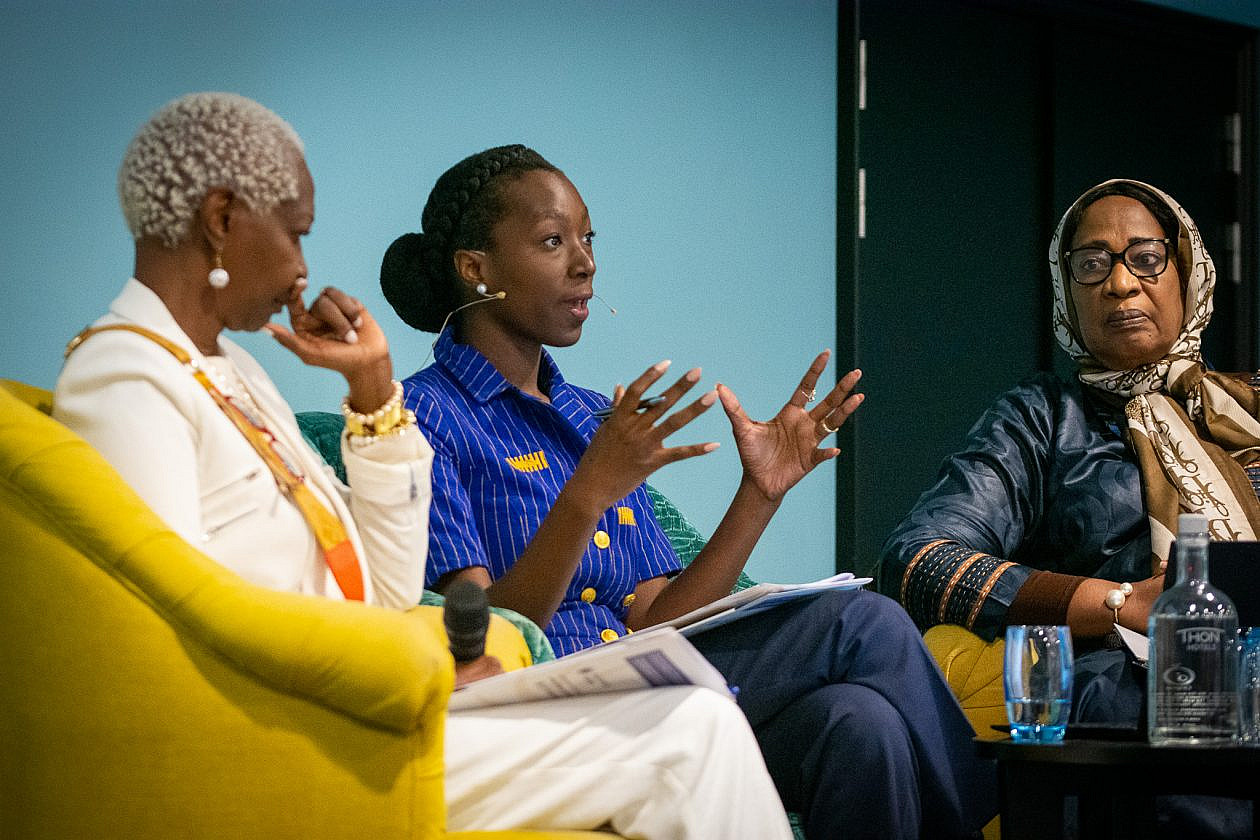
Finally, the last session of the steering committee focused on crucial issues relating to the resilience of Sahelian women. An exciting debate on gender equality and on how women’s active participation can promote development, peace and security in the Sahel saw the participation of committed and engaging personalities. The session was moderated by Ms. Aissatou Dosso, Gender Specialist, African Development Bank, and included interventions by Princess Esther Kamatari (Princess Esther Kamatari Foundation); Ms. Diyé Ba, Coordinator of the G5 Sahel Women’s Platform; Ms. Saoudata Aboucrine, Secretary General of Tin Hinane and Ms. Chloé Jacquin of Empow’her.
Photo galery of the event:
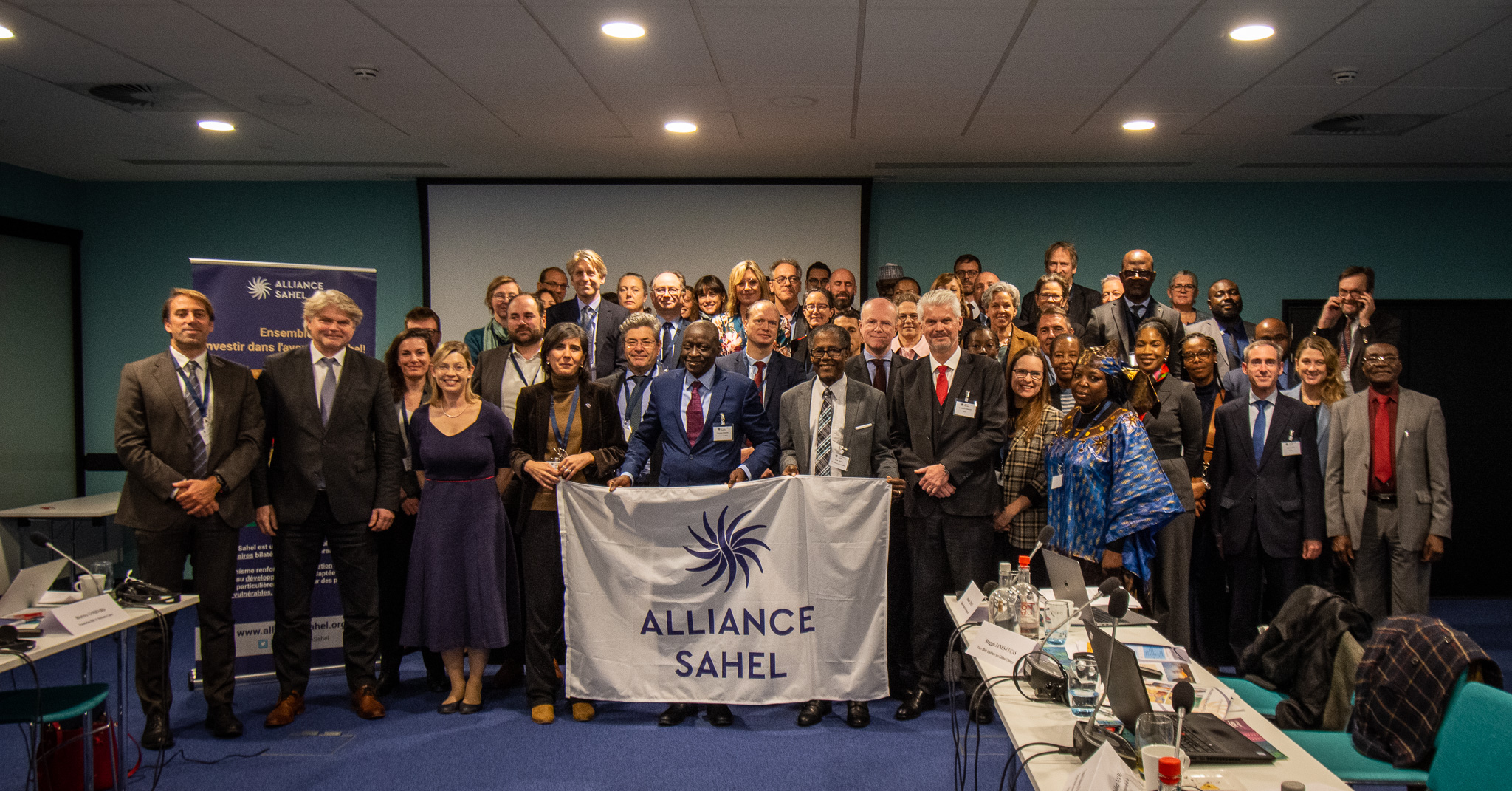

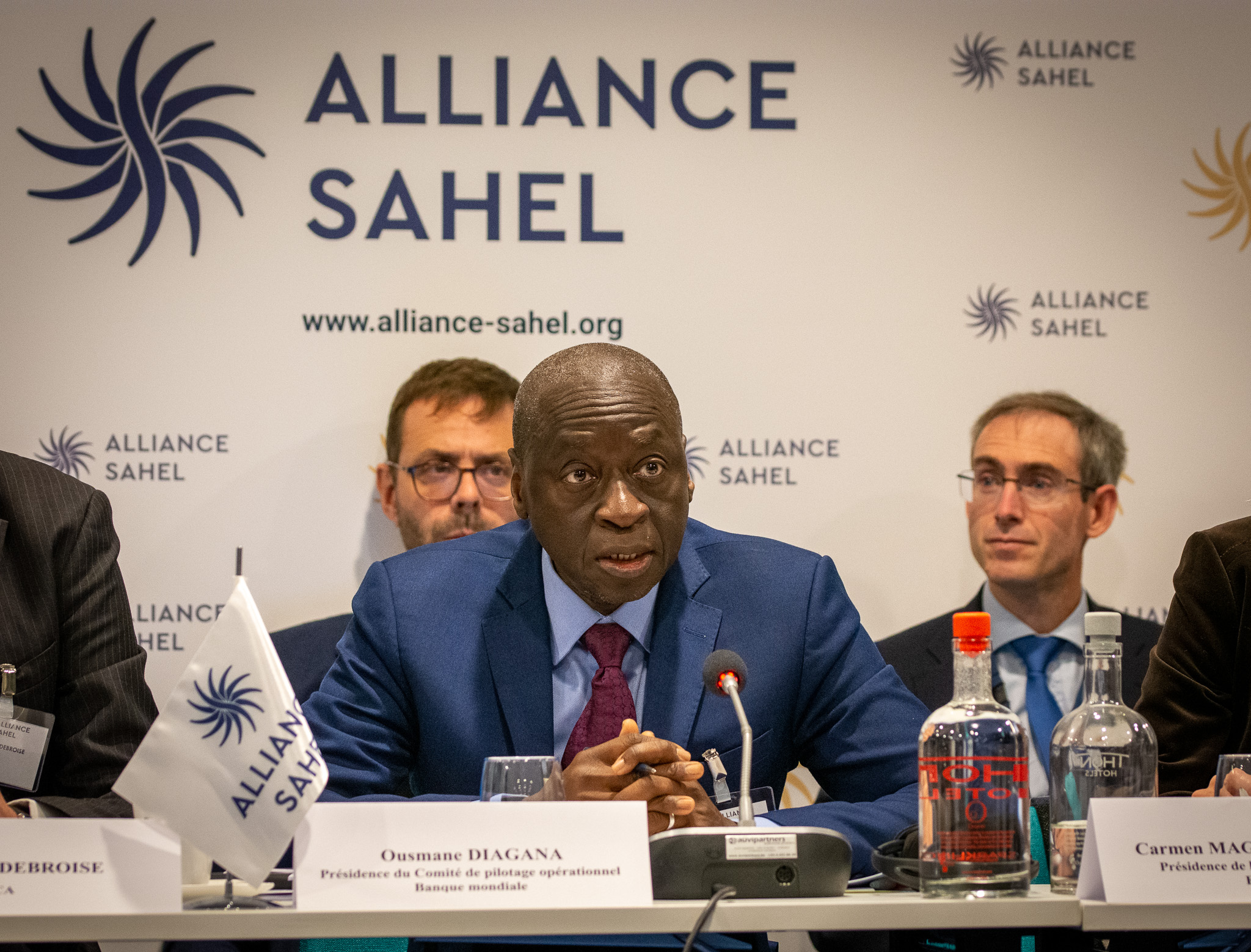
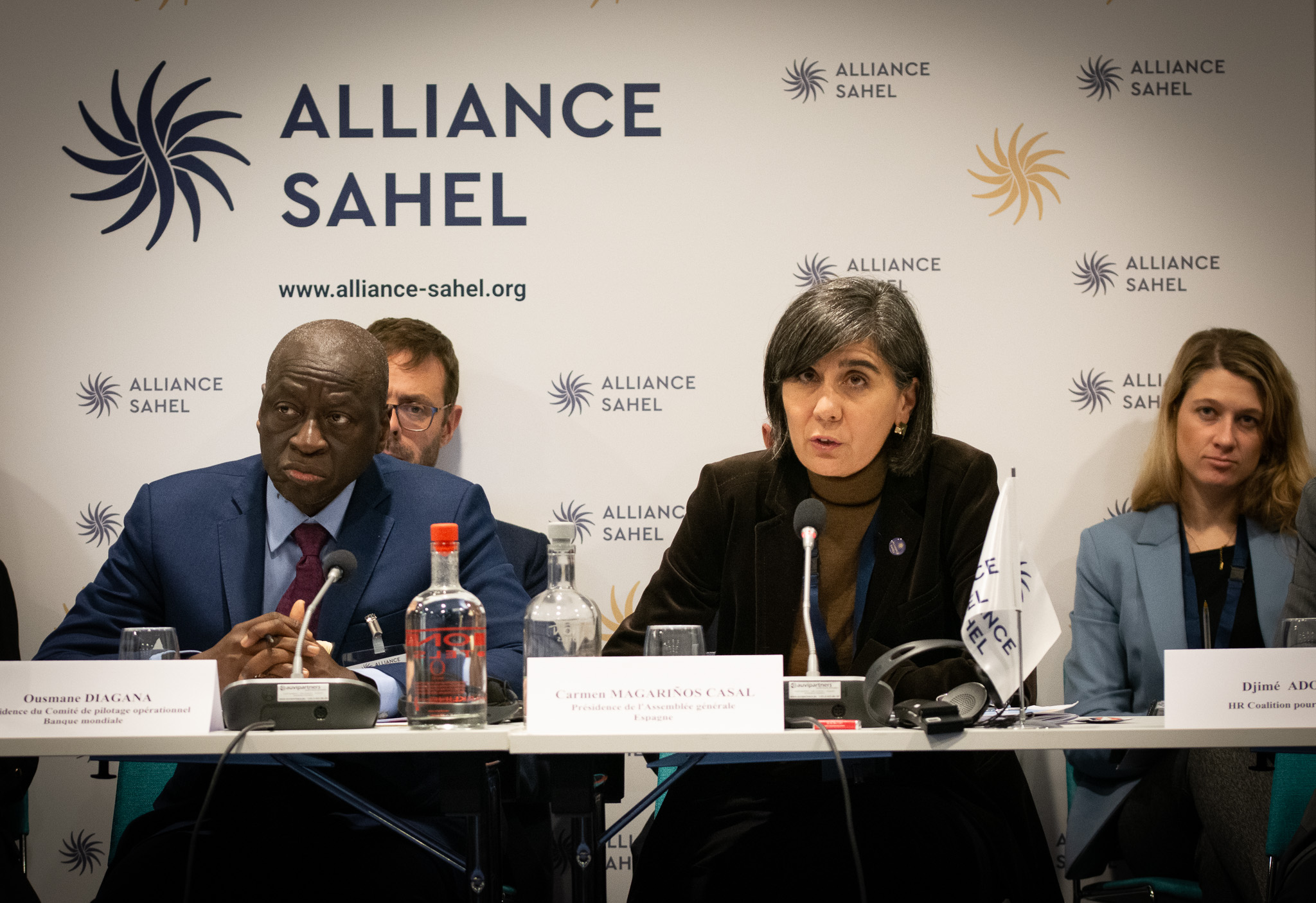
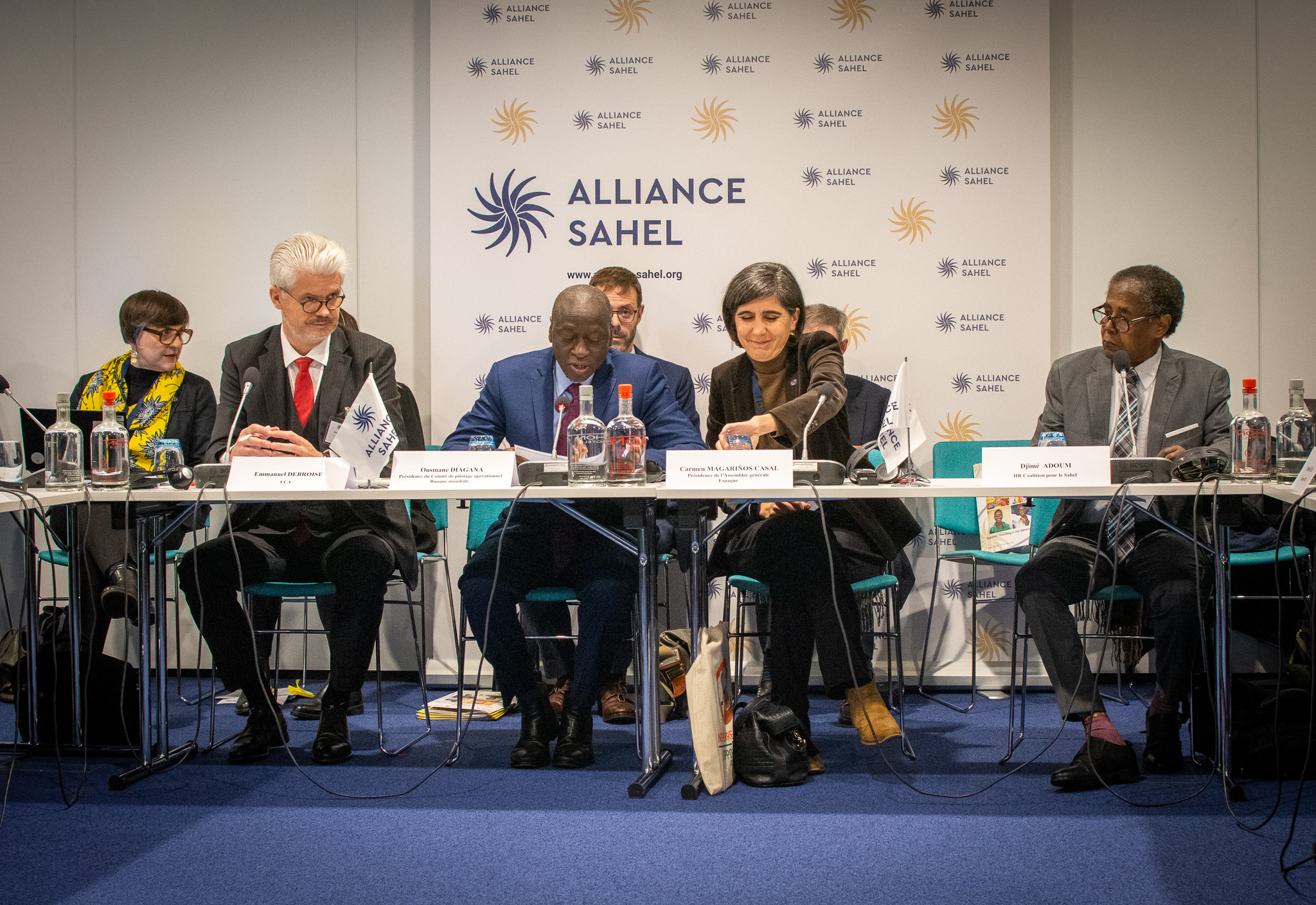
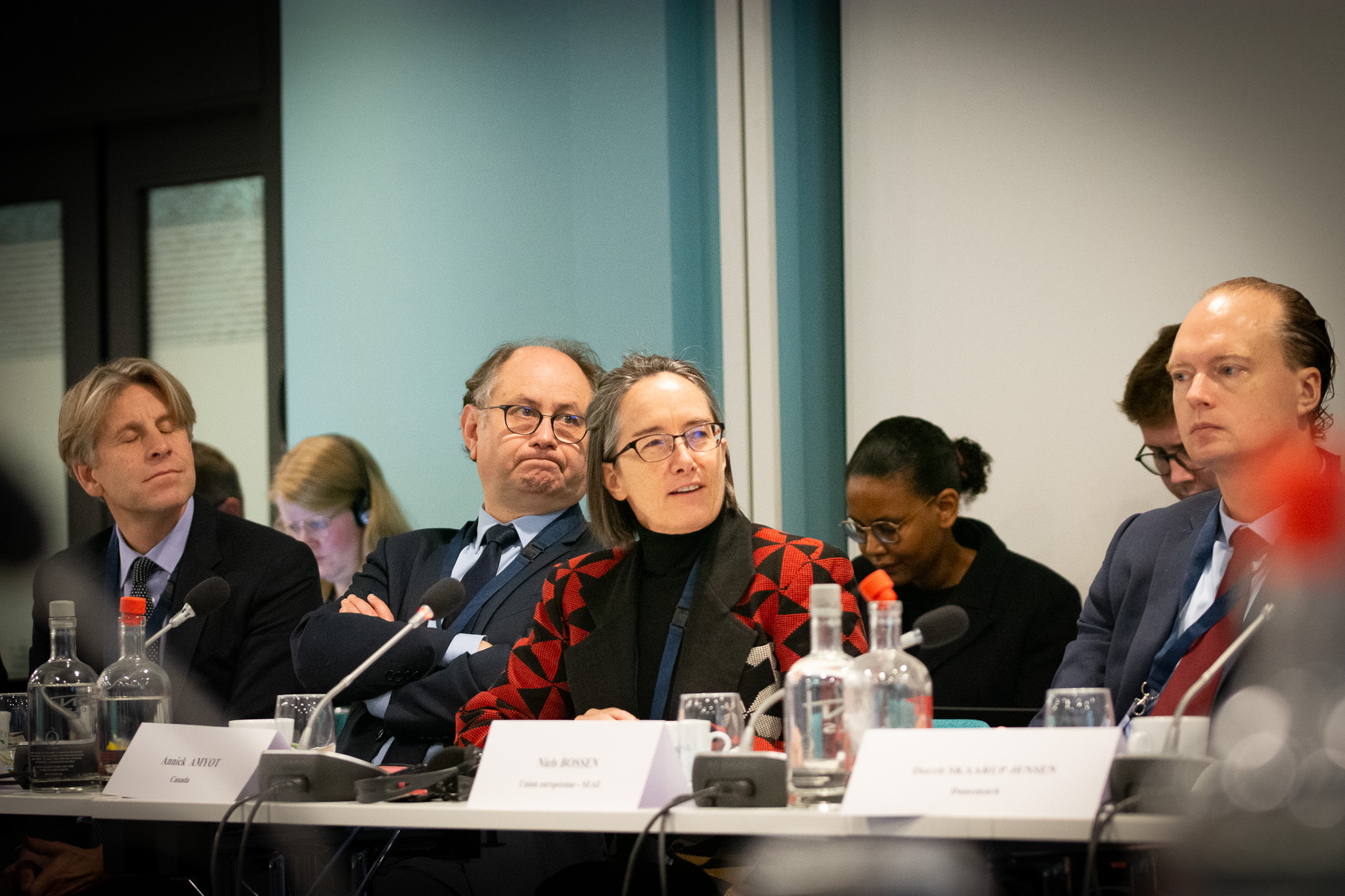
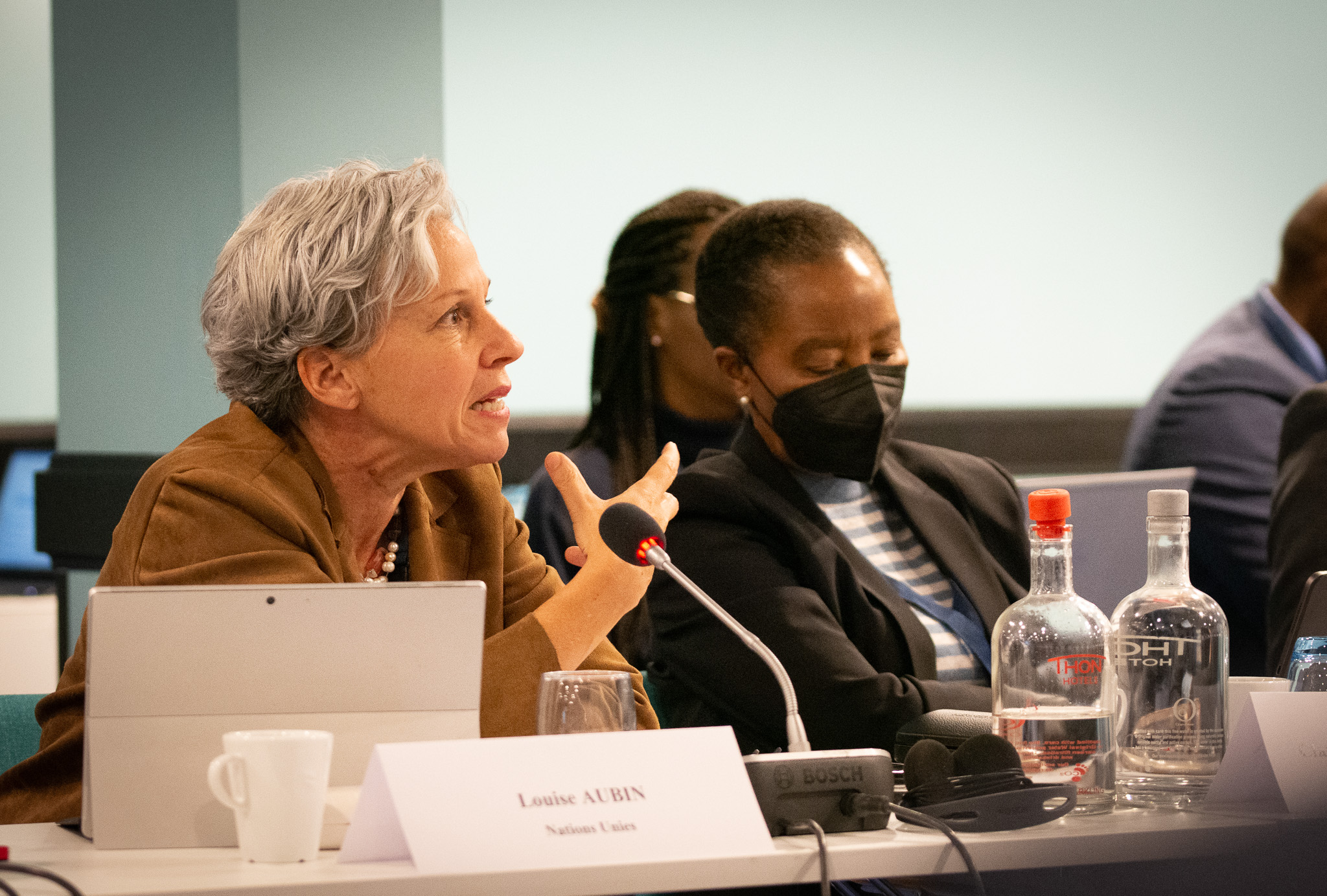
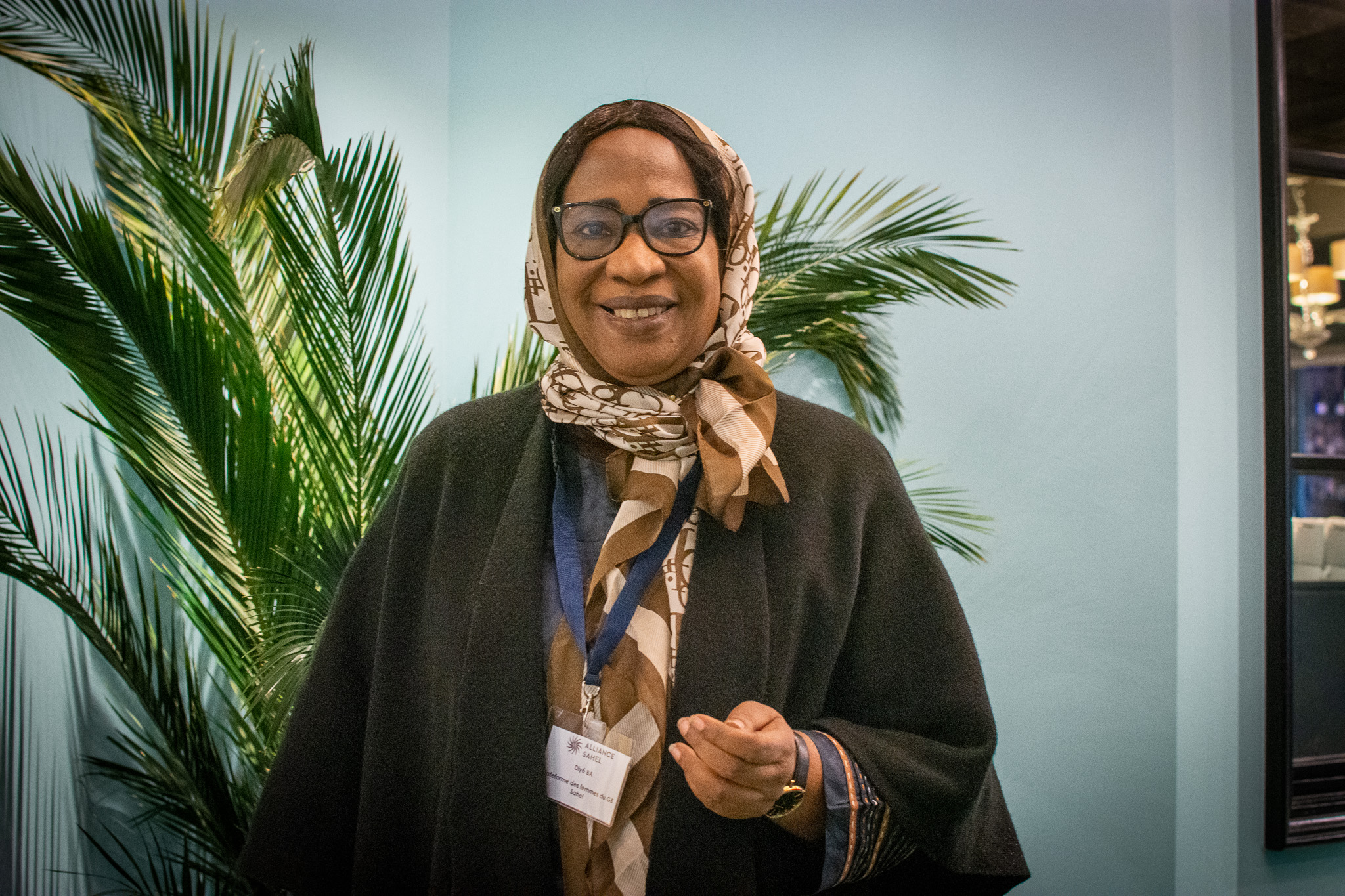
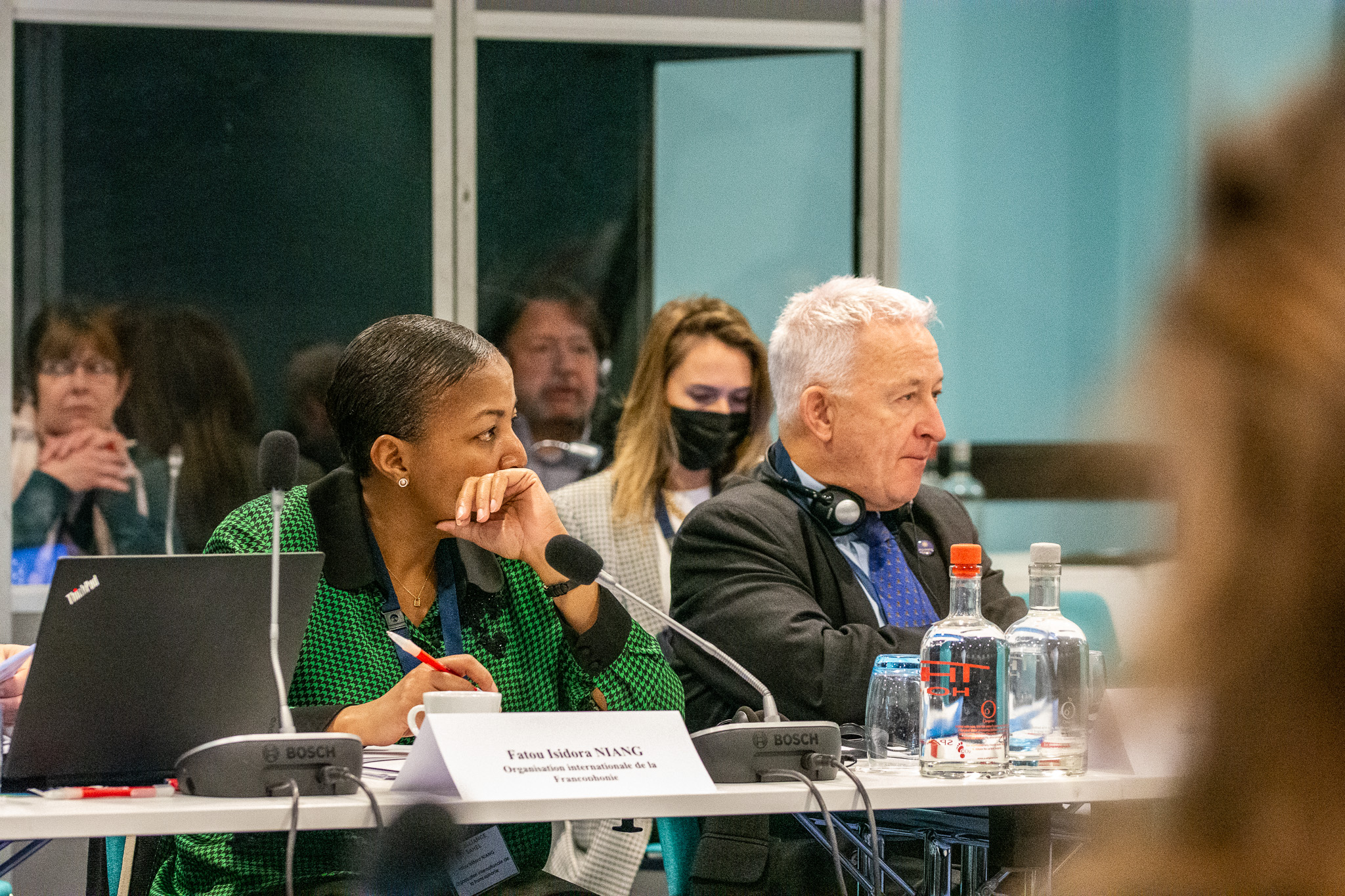
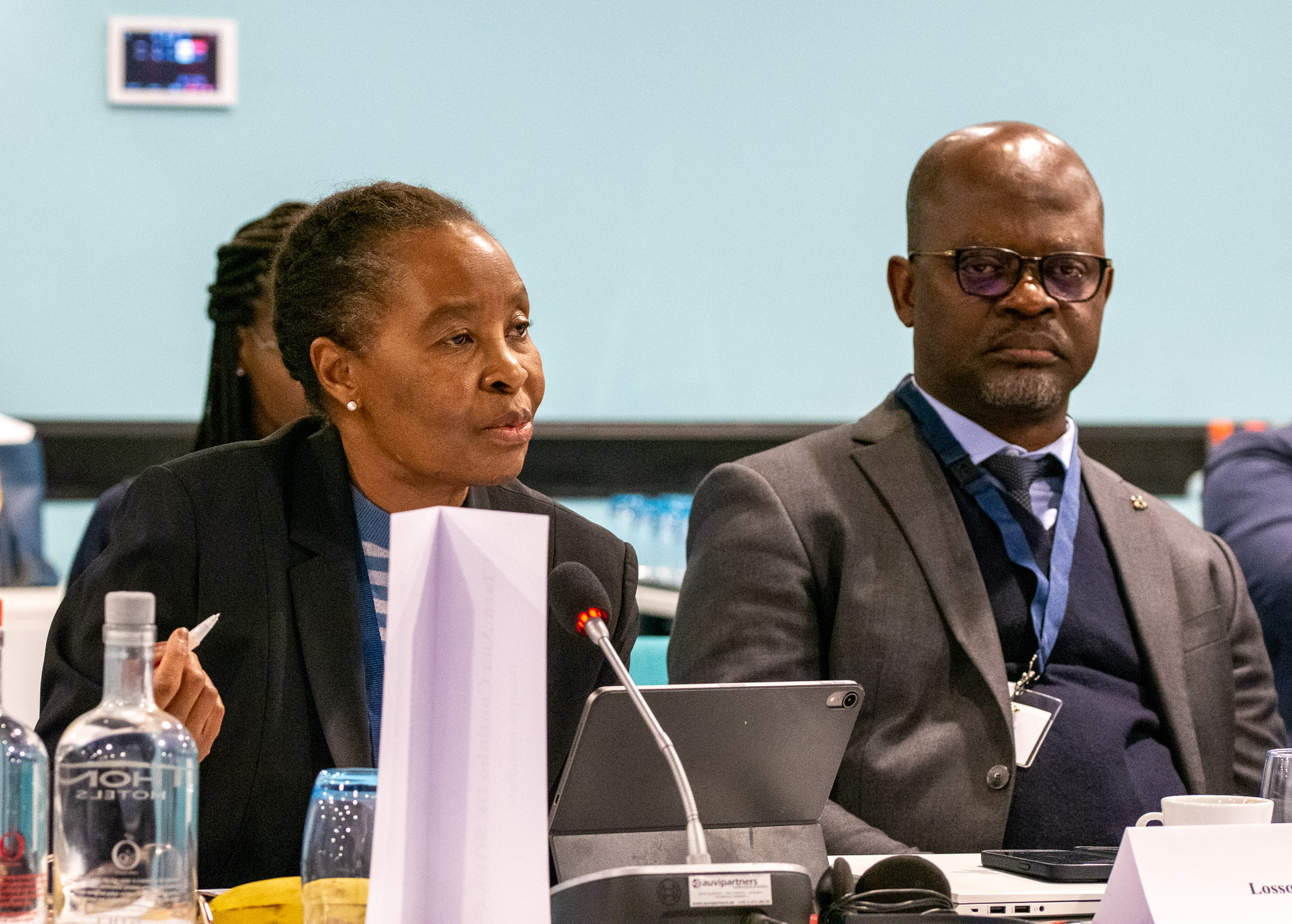
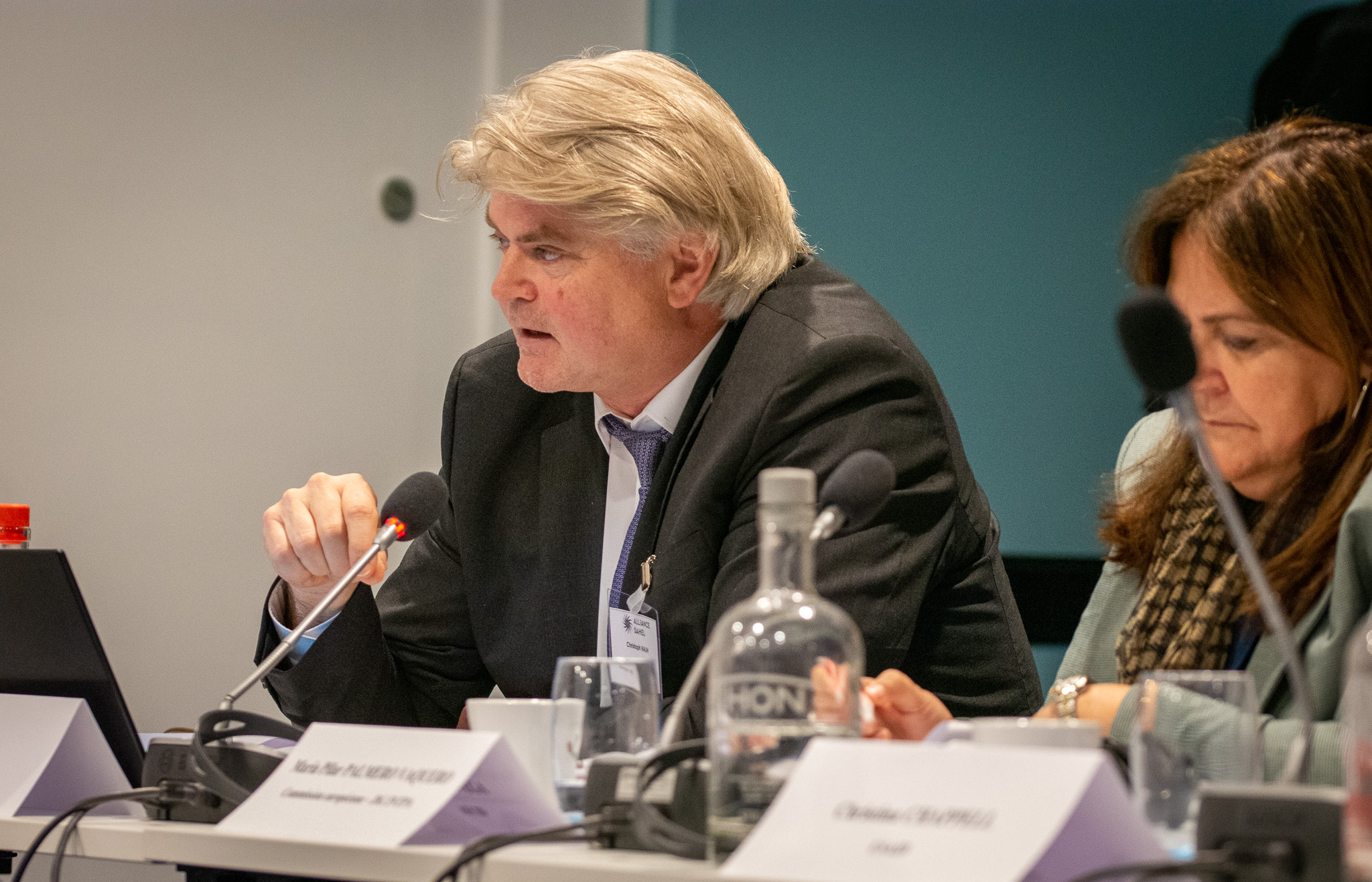
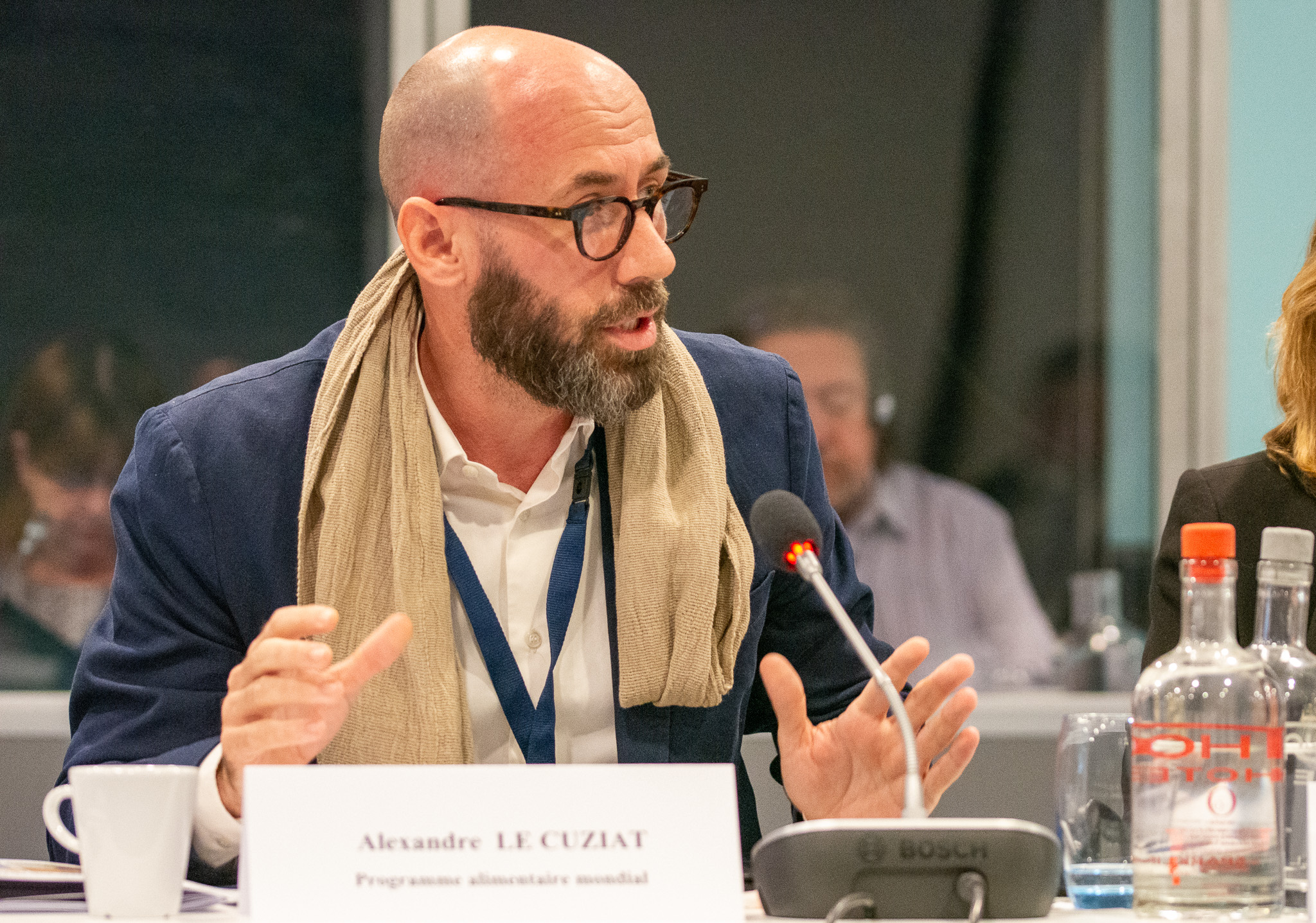
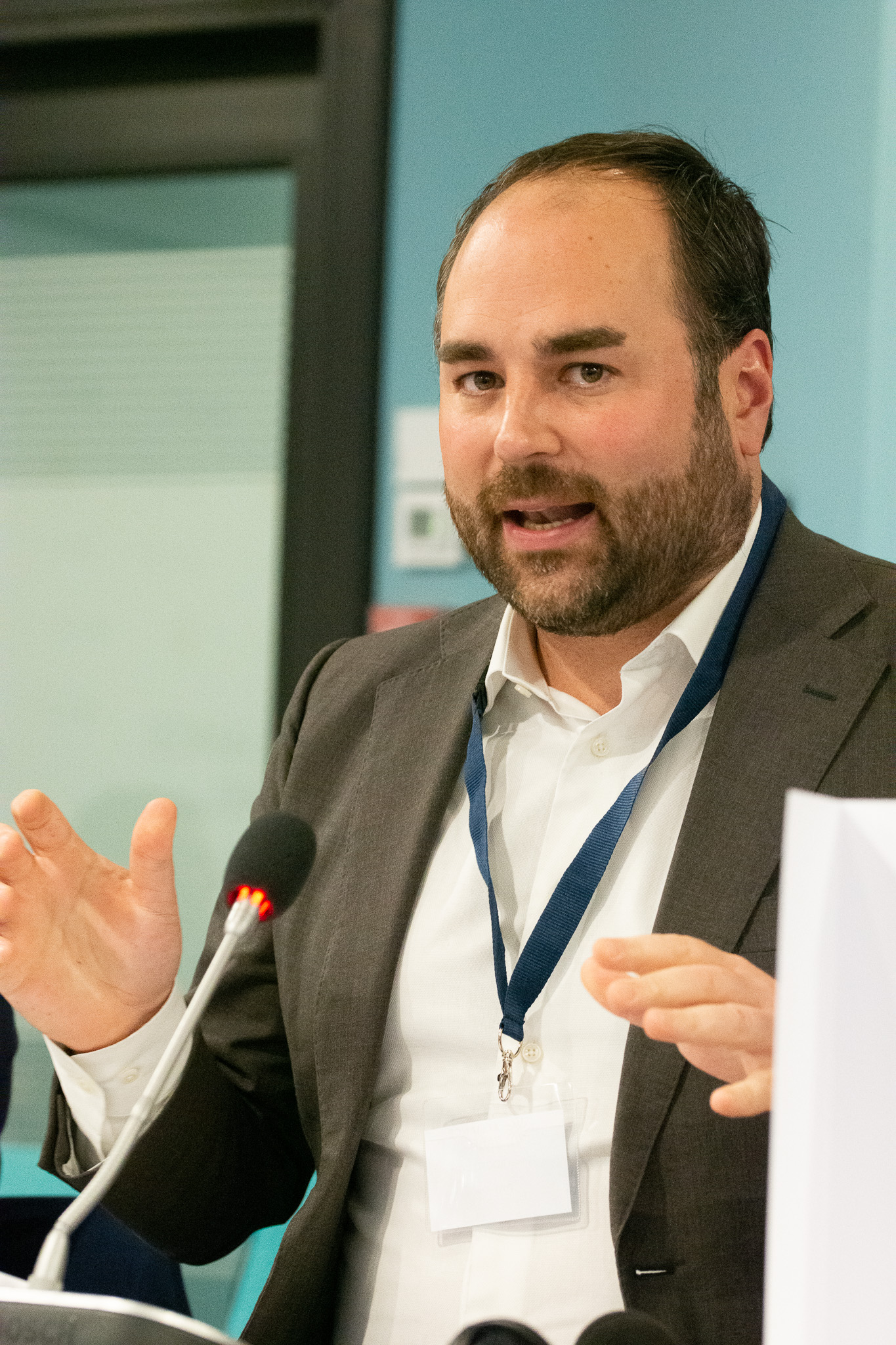
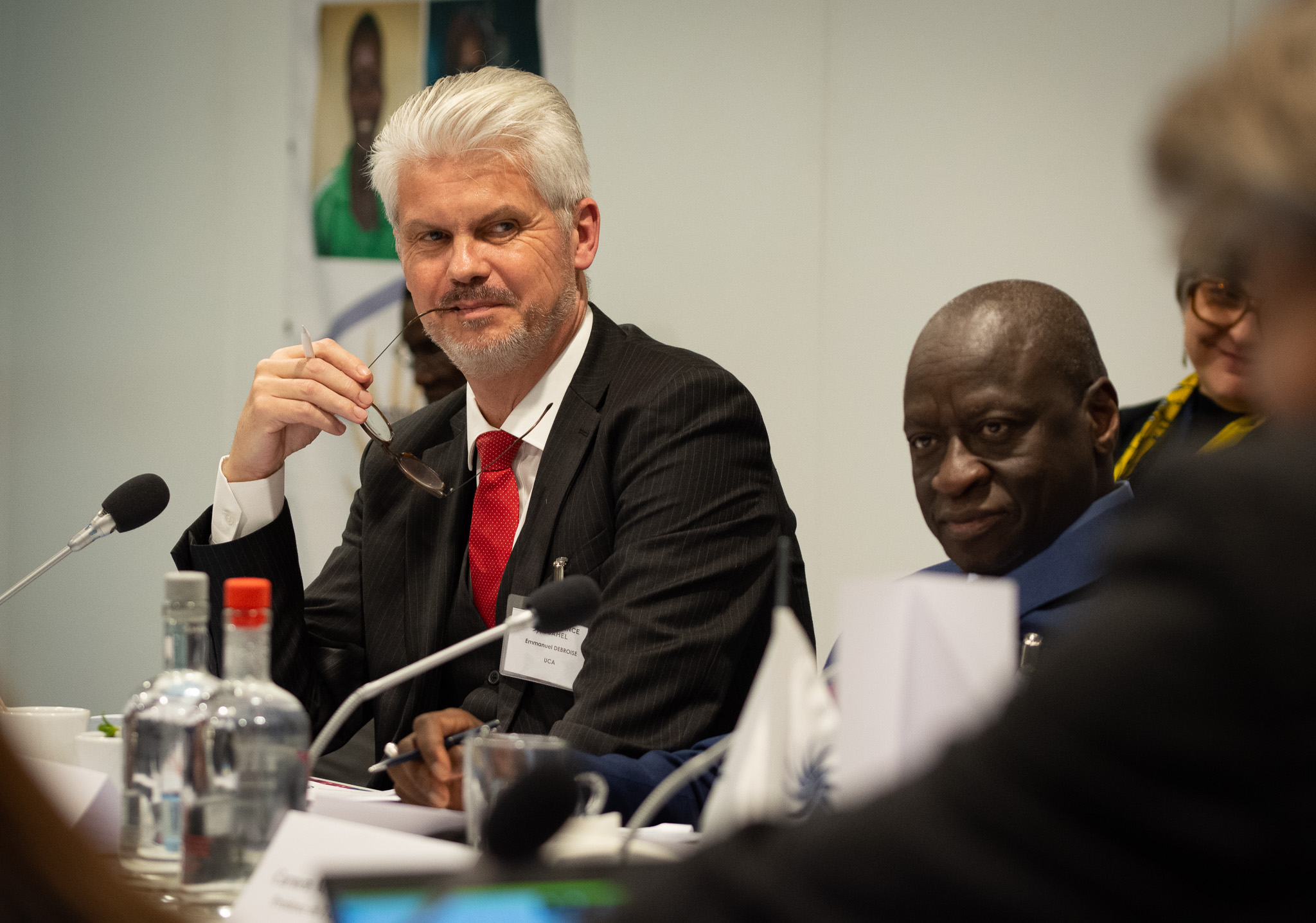
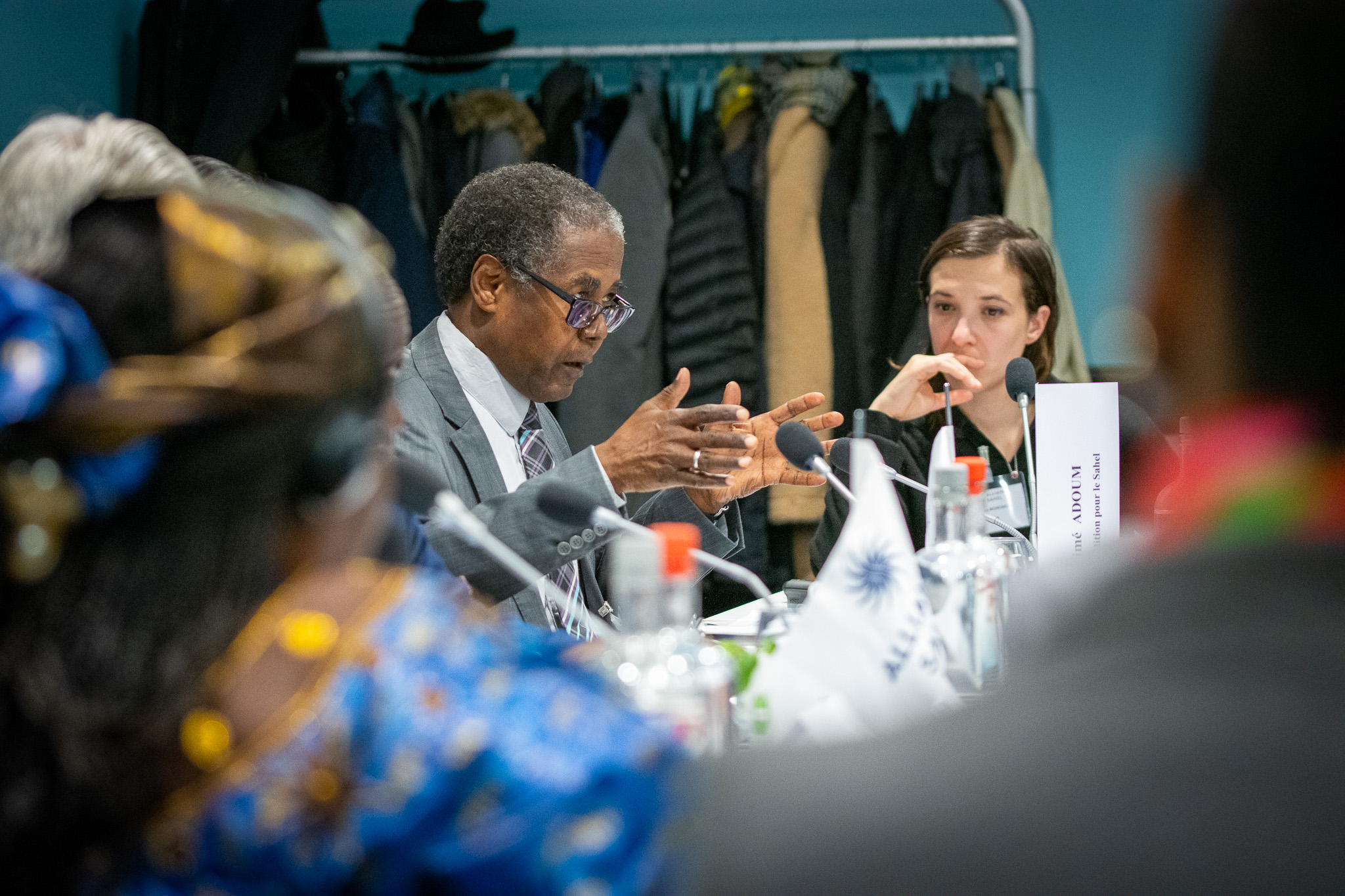
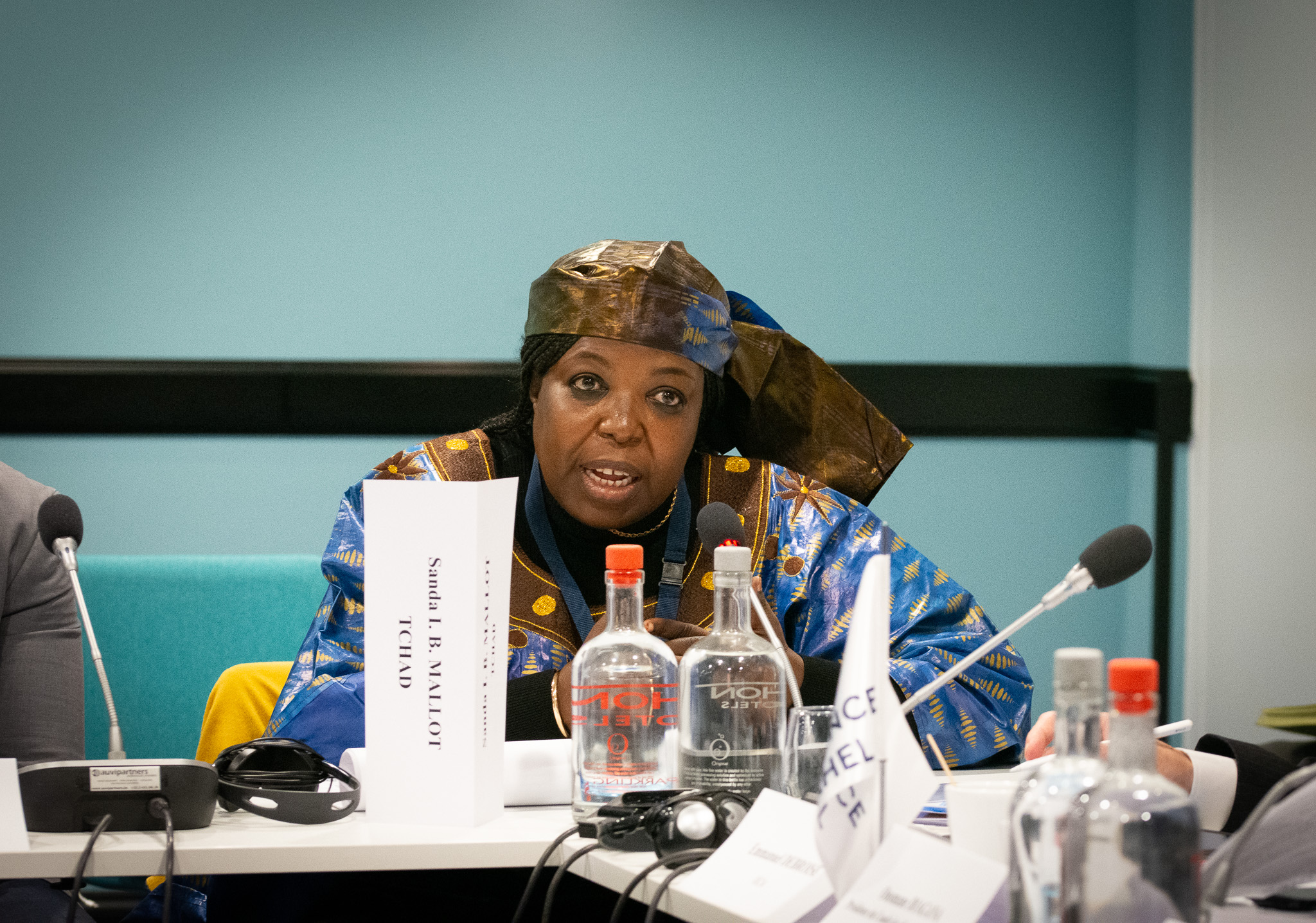
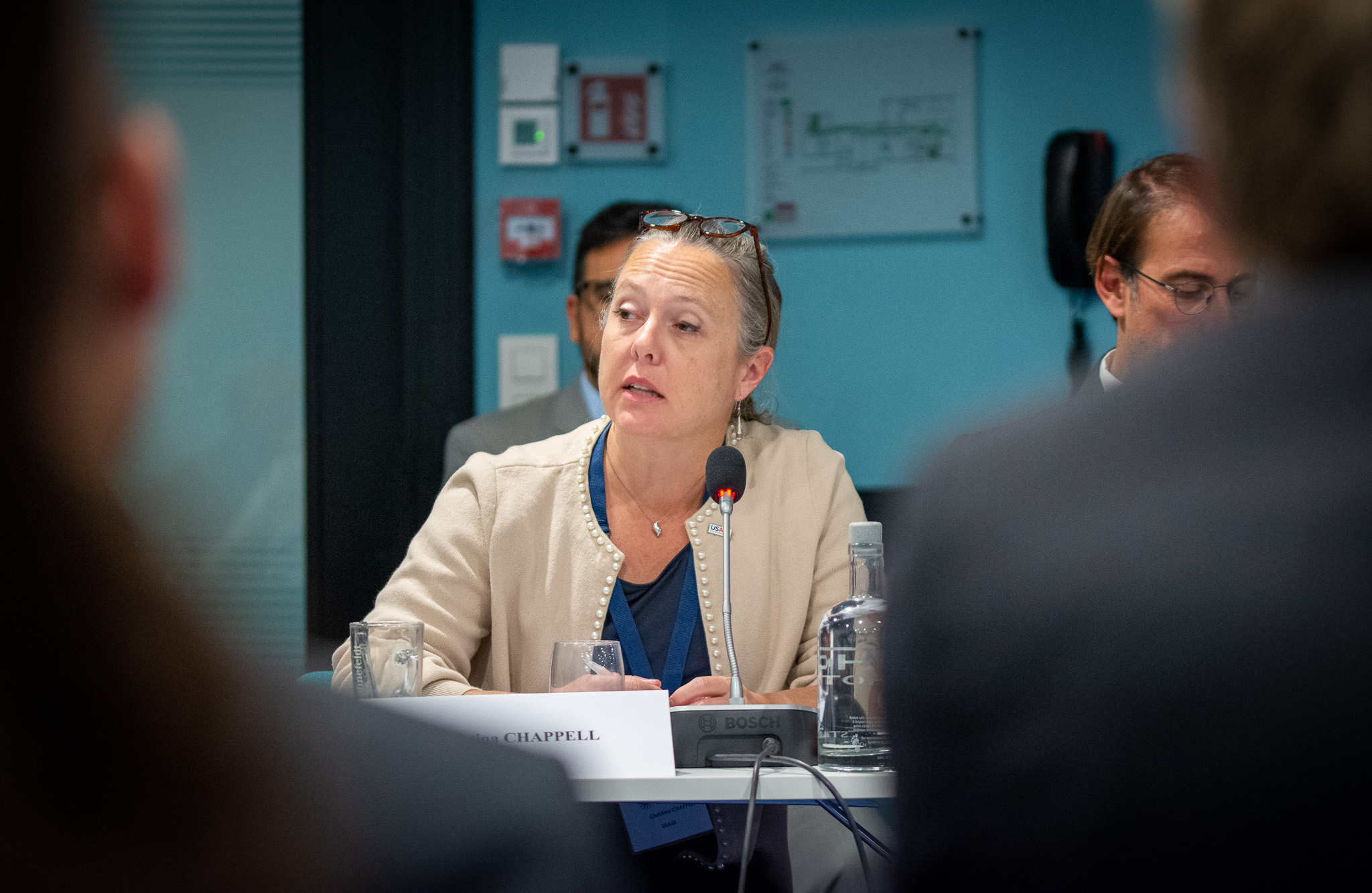
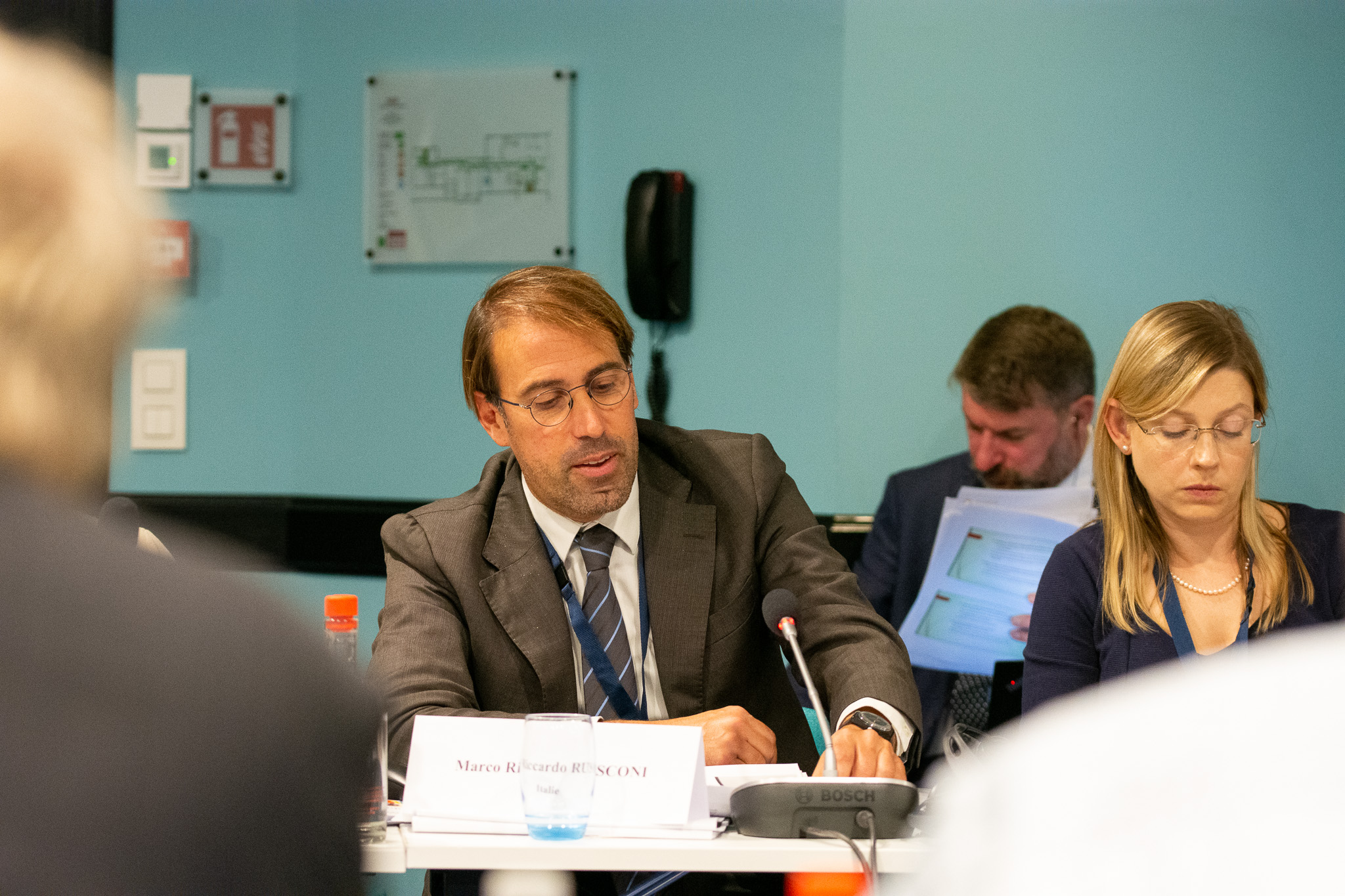
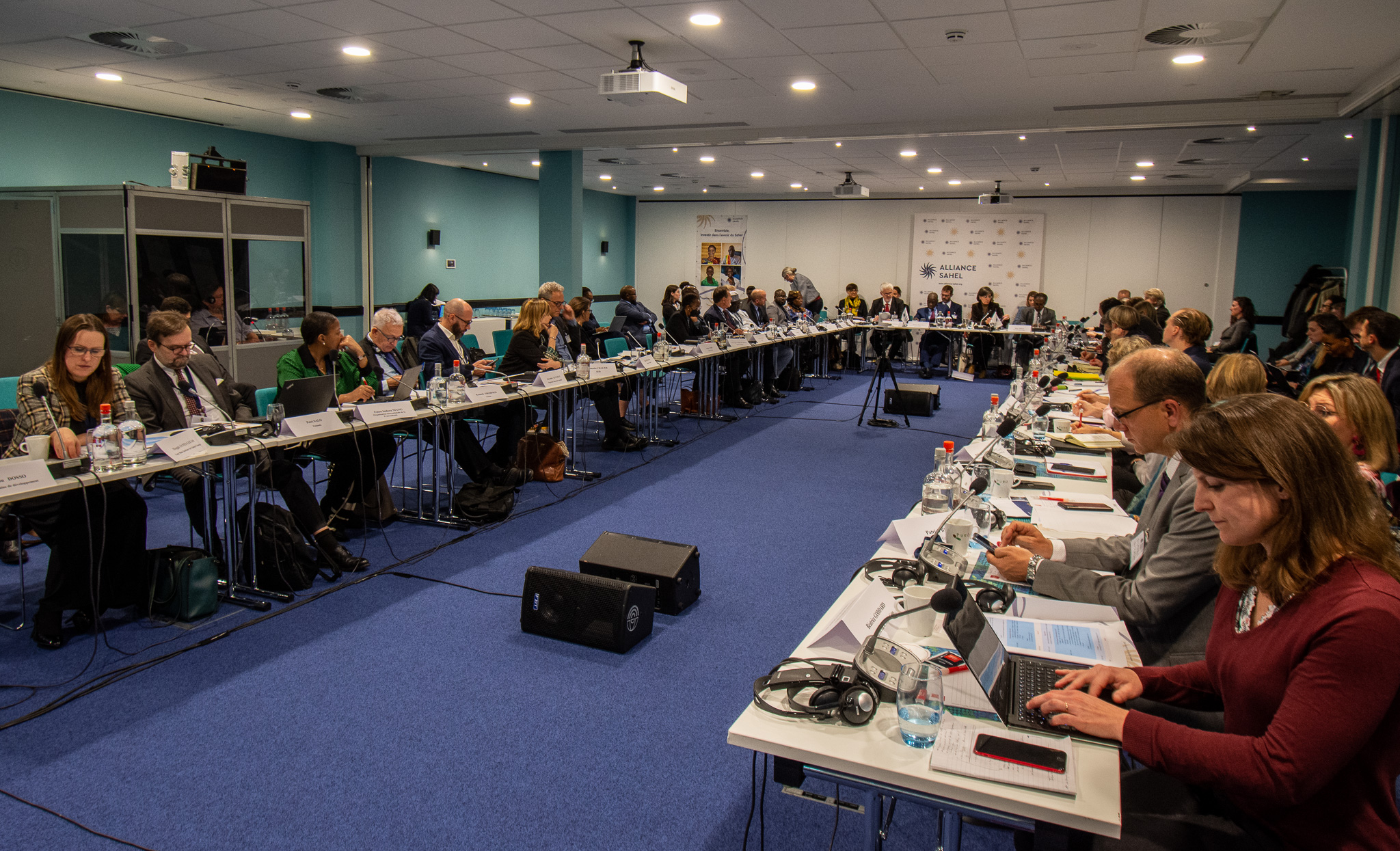
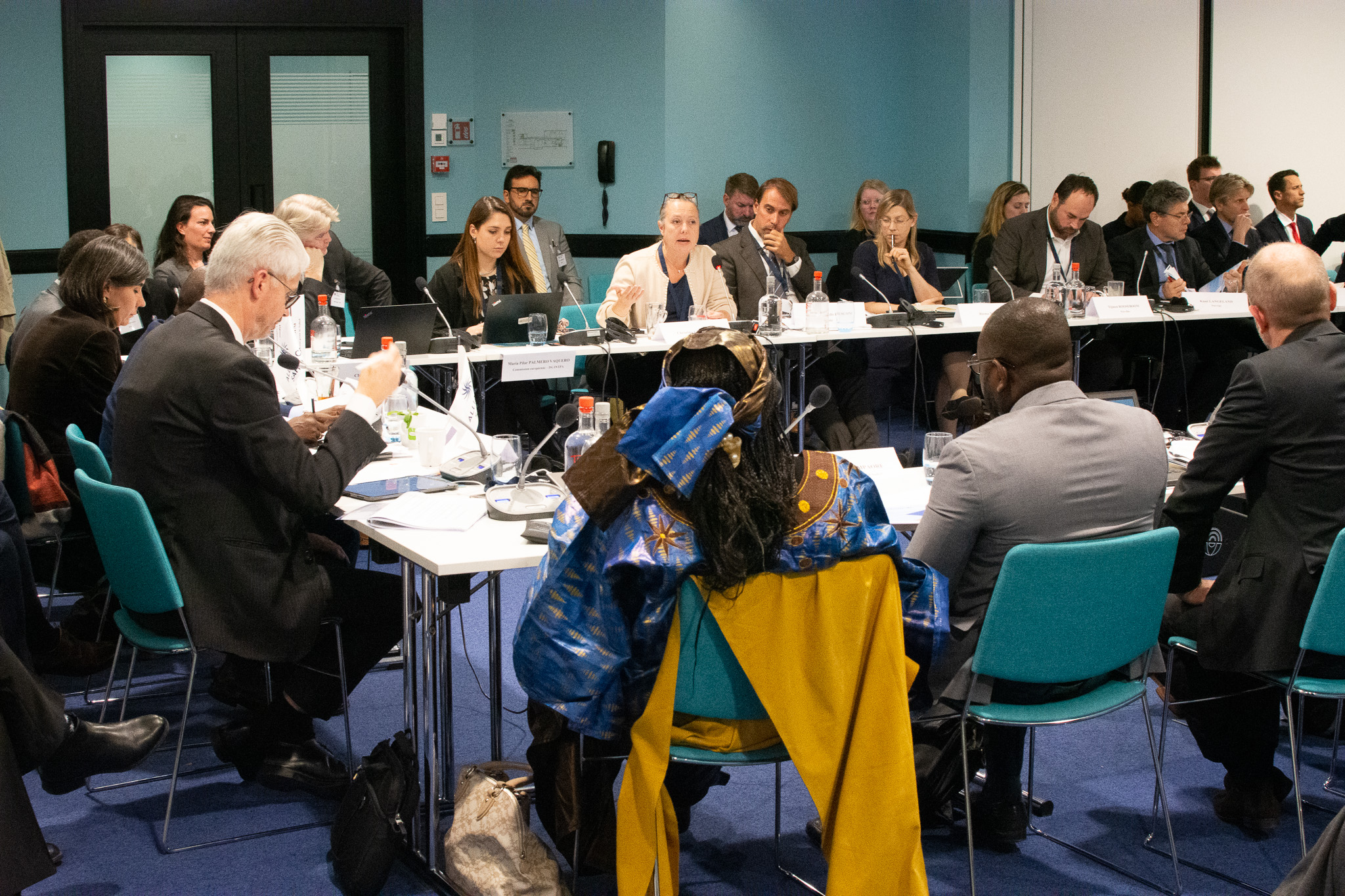
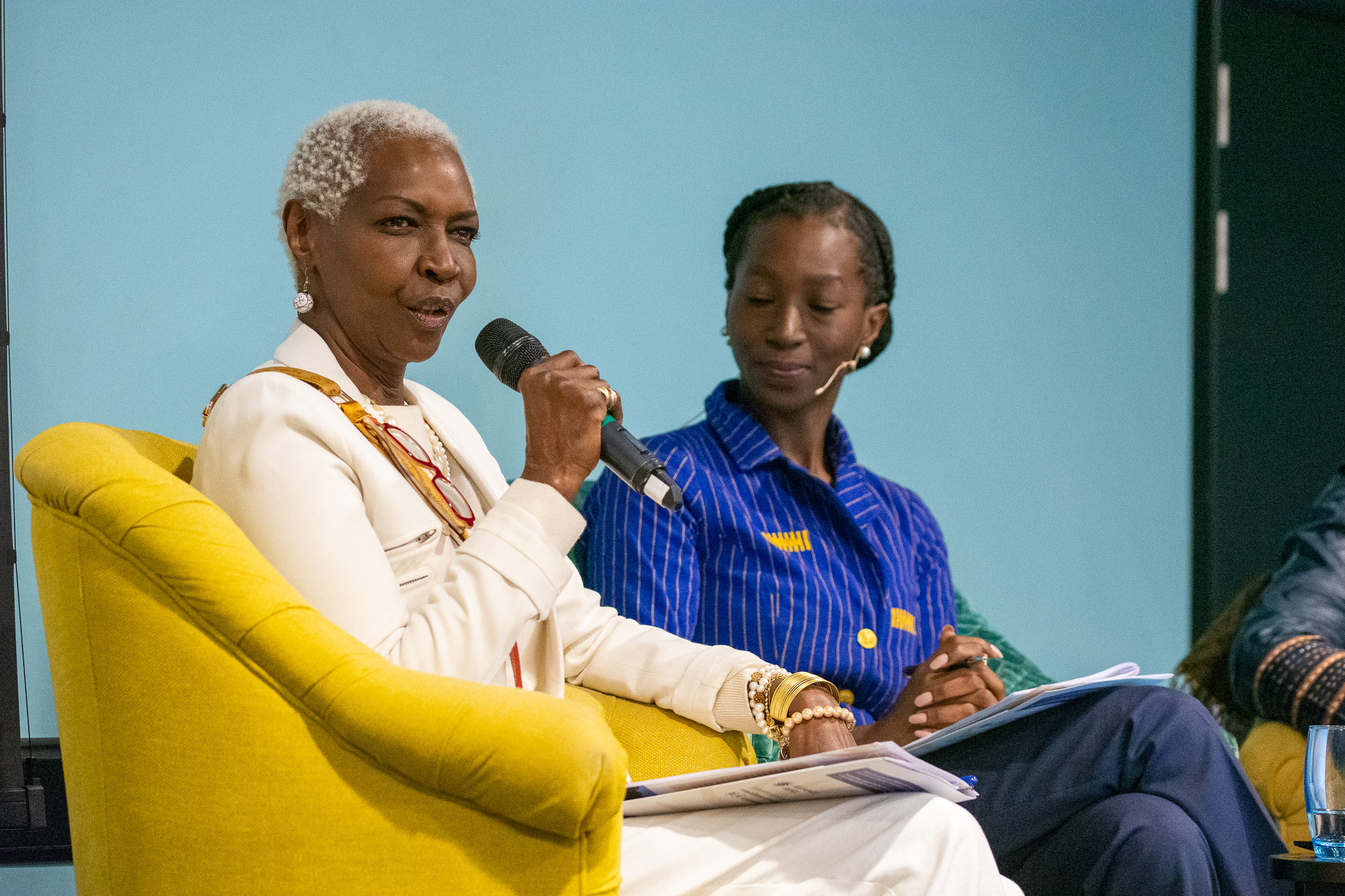
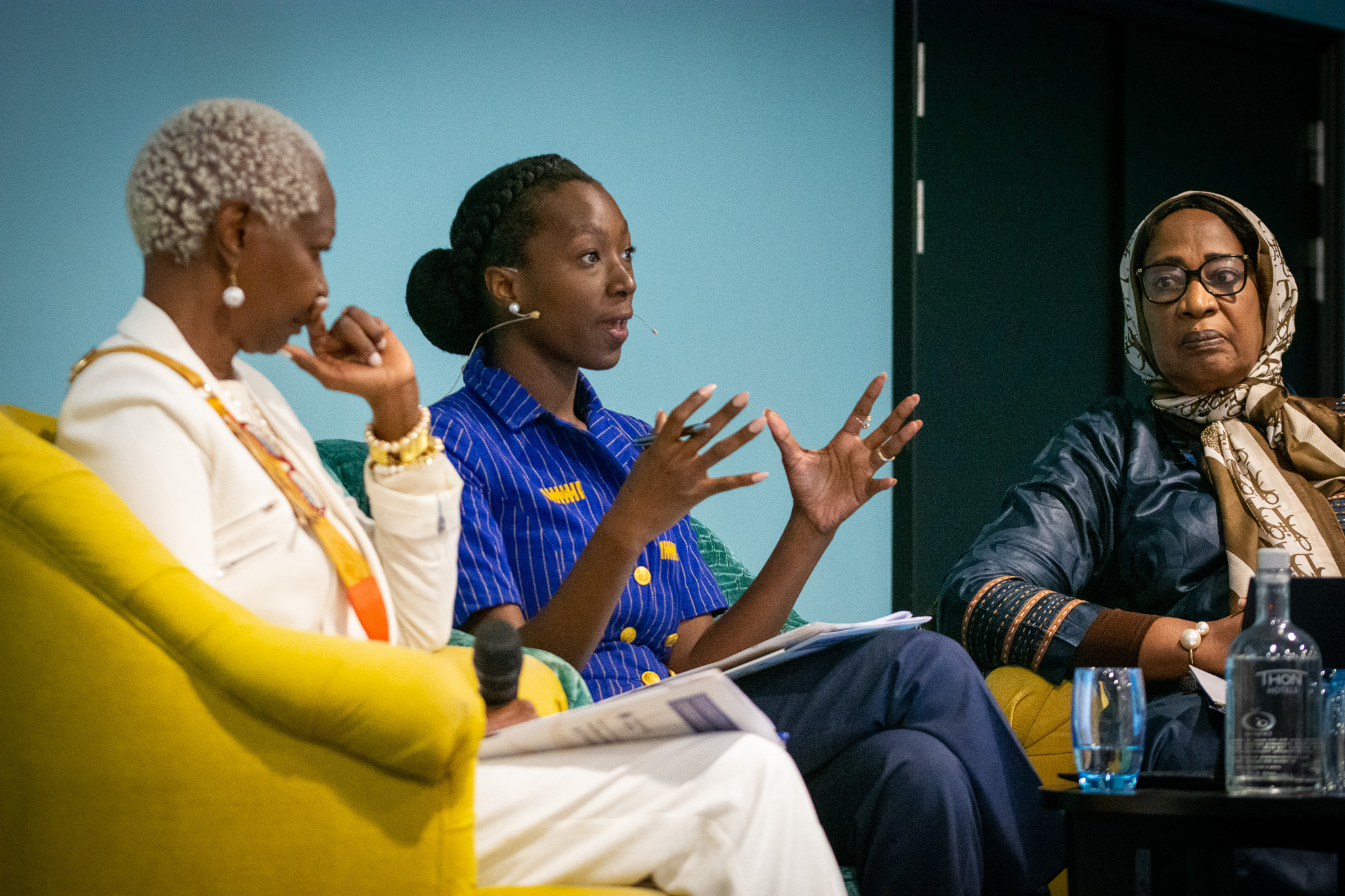
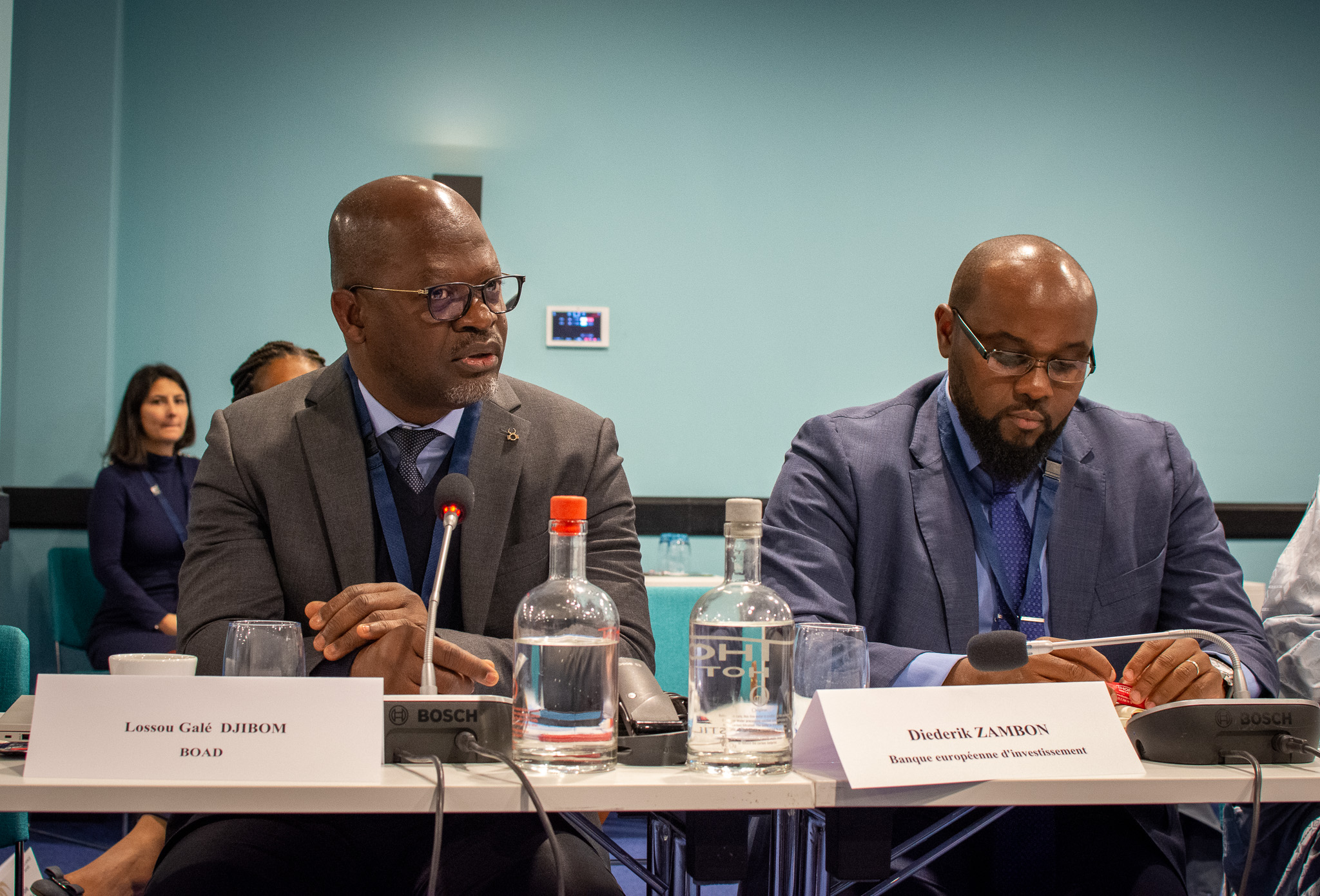
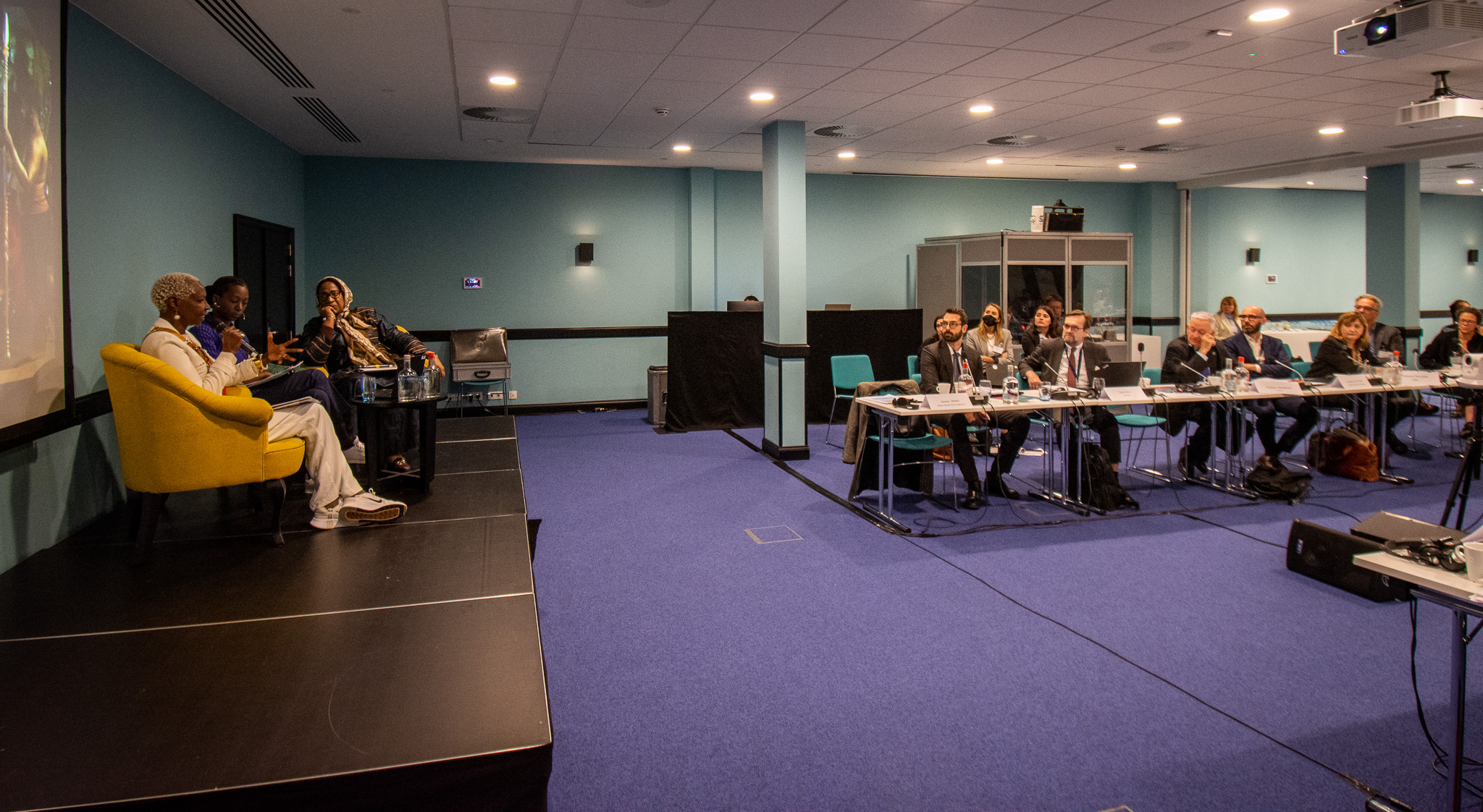
Go further

